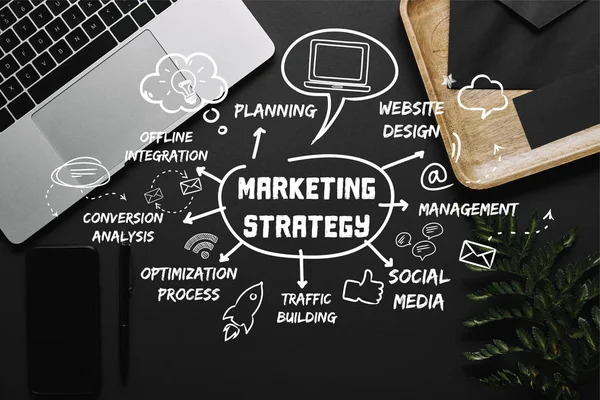In the fast-evolving digital age, artificial intelligence (AI) is no longer just a buzzword; it’s a game-changing technology that businesses of all sizes can harness to stay competitive. Whether you’re managing a startup or running a global enterprise, AI has tools tailored to meet your specific needs. Let’s dive deep into how AI tools are transforming businesses today.
Introduction to AI in Business
What is Artificial Intelligence?
Artificial Intelligence refers to the simulation of human intelligence by machines. It enables computers to learn, reason, and make decisions. From virtual assistants like Siri to algorithms that predict consumer behavior, AI covers a broad spectrum of applications.
Why AI is Transforming Businesses Today?
Businesses are adopting AI because it allows them to operate smarter and faster. The ability to analyze massive datasets, automate mundane tasks, and personalize customer interactions has made AI a crucial tool for modern businesses.
Key Benefits of AI Tools in Business Operations
Enhancing Productivity and Efficiency
AI tools can handle repetitive tasks such as data entry, freeing up human employees for higher-value work. This not only saves time but also reduces errors.
Cost Reduction and Smart Resource Allocation
By automating processes, AI reduces the cost of manual labor and ensures better allocation of resources. Tools like AI-driven chatbots can handle customer queries 24/7 without the need for constant human supervision.
Better Decision-Making Through Data Analytics
AI provides real-time insights by analyzing complex data, enabling businesses to make informed decisions. For example, AI can predict market trends, helping companies to strategize effectively.
Types of AI Tools for Businesses
AI-Powered CRM Software
Customer Relationship Management (CRM) systems like Salesforce use AI to analyze customer behavior, predict sales trends, and improve lead generation.
AI in Marketing and Advertising
AI tools such as Google Ads and Hootsuite help businesses optimize their marketing strategies by analyzing consumer preferences and targeting the right audience.
AI for Supply Chain Management
AI helps in forecasting demand, tracking inventory, and optimizing delivery routes, making supply chains more efficient.
AI for Cybersecurity
AI-powered tools detect and mitigate cybersecurity threats in real-time, protecting sensitive business data.
How Small Businesses Can Leverage AI
Affordable AI Tools for Startups
Small businesses can use budget-friendly AI tools like HubSpot for marketing automation or QuickBooks for financial management.
Automating Routine Tasks with AI
Startups can streamline operations by using AI for tasks like email sorting, appointment scheduling, and invoice generation.
Real-World Examples of AI in Business
Chatbots Revolutionizing Customer Service
AI-driven chatbots like ChatGPT handle customer inquiries seamlessly, offering instant support and reducing response times.
Predictive Analytics in Retail
Retail giants like Amazon use AI to analyze shopping behaviors, enabling them to suggest products and personalize the shopping experience.
Challenges in Implementing AI Tools
High Initial Costs and Training
AI systems often require significant investment upfront, including costs for hardware, software, and staff training.
Ethical and Privacy Concerns
The use of AI in data collection raises privacy issues, making it essential for businesses to implement ethical practices and comply with regulations.
The Future of AI in Business
Trends to Watch in AI Development
AI trends such as natural language processing (NLP), computer vision, and AI-as-a-Service (AIaaS) are gaining momentum, promising even more innovative applications.
How Businesses Should Prepare for AI Integration
Companies should focus on upskilling their workforce and investing in scalable AI solutions to stay ahead in the competitive landscape.
Conclusion
AI tools are revolutionizing the way businesses operate. From improving productivity to enabling data-driven decision-making, the benefits are undeniable. As AI continues to evolve, it’s crucial for businesses to embrace this technology to thrive in a competitive world.
FAQs
- What are some examples of popular AI tools for businesses?
Tools like Salesforce, ChatGPT, QuickBooks, and Hootsuite are widely used in various industries. - Can small businesses afford AI tools?
Yes, many affordable AI tools are designed specifically for startups and small businesses. - What industries benefit the most from AI?
Industries like retail, healthcare, finance, and manufacturing see significant benefits from AI integration. - Are there any risks associated with using AI in business?
Yes, risks include ethical concerns, data privacy issues, and the high cost of implementation. - How can businesses get started with AI adoption?
Start small by identifying processes that can be automated, then gradually integrate more advanced AI solutions.


